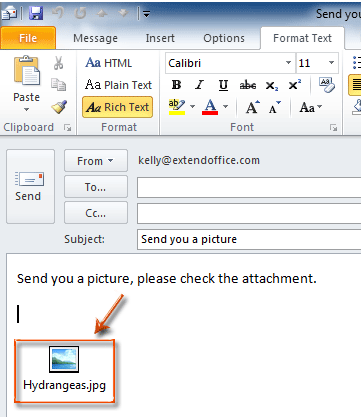Bid Farewell to Email Attachments
In the daily operations of businesses, email attachments have been one of the most common methods for transferring files. However, as file sizes continue to expand and collaboration needs increase, the traditional method of email attachments is showing its limitations: large files can't be sent, version management is chaotic, and the transmission process is insecure, significantly reducing the efficiency of using email attachments.
Against this backdrop, enterprise cloud storage, as a modern platform for file sharing and collaboration, is gradually replacing email attachments with its efficiency, security, and convenience, becoming the preferred tool for enterprise file sharing.

1. The Limitations of Email Attachments: Complicating Work
Firstly, file size limitations prevent large files from being sent via email, especially when dealing with high-quality images, large project files, or video materials.
File transfer becomes an obstacle. Even when compressing files to reduce size, it often affects file quality or leads to files not opening properly.
Secondly, chaotic version management is a significant challenge with email attachments.
Team members often need to modify the same file multiple times, and it's easy to lose track of a version during email exchanges, leading to inconsistent file versions and affecting collaboration efficiency.
Moreover, too many attachments can easily fill up email boxes, making it more difficult to find a specific file.
The security of email attachments is also a concern. Files may be intercepted, tampered with, or leaked during transmission, especially when sensitive information is involved.
The traditional method of email attachments cannot provide sufficient security guarantees.
2. The Advantages of Enterprise File Storage: Efficient, Secure, and Convenient
Enterprise file storage not only addresses the limitations of email attachments but also provides a complete set of file sharing and collaboration solutions, bringing the following significant advantages:
Efficient Storage and Access
Unlike the single storage method of email attachments, enterprise file storage uses cloud storage, supporting various file formats and unlimited expansion space. Employees can upload all work files to the cloud, where files are stored on a unified platform and can be accessed via the network anytime, anywhere.
Seamless Sharing
Enterprise file storage supports file sharing features, allowing team members to easily share files or folders based on permission settings, without repeatedly sending attachments via email. This not only avoids the repetitive sending of email attachments but also reduces disputes caused by version confusion.
Intelligent Version Management and Recovery
Enterprise file storage provides powerful version control features, automatically recording every modification of all files and generating historical versions. Even if a version of a file is accidentally manipulated, users can easily revert to a previous version, ensuring the continuity of work and the integrity of files.
Security Protection, Safeguarding Data Privacy
Enterprise file storage offers robust data encryption features, protecting files strictly, whether during transmission or when stored in the cloud. This can effectively prevent files from being intercepted or tampered with, ensuring the security of file content. At the same time, enterprise file storage supports multi-level permission management, allowing team members to access only authorized files and folders, preventing unauthorized personnel from viewing sensitive information.
3. Practical Applications in Business Scenarios
The advantages of enterprise file storage are not only reflected in file sharing and collaboration but also in improving overall efficiency and collaboration quality in actual work. Here are a few typical business scenarios:
Project Management
In project management, multiple teams often need to handle a large number of files together, such as project plans, design drawings, progress reports, etc. Through enterprise file storage, project managers can create dedicated shared folders to centrally store all related files, with project members viewing, editing, and updating files based on permissions.
Collaboration with Customers and Suppliers
Enterprise file storage is not only convenient for internal collaboration but also for sharing files with customers and suppliers. When collaborating on projects with external partners, enterprises can create dedicated shared spaces on the file storage, uploading project files, contract documents, etc., to the cloud and sharing them with customers or suppliers as needed.
Saying goodbye to email attachments, enterprise cloud storage is becoming the preferred platform for enterprise file sharing and collaboration with its efficient, convenient, and secure characteristics.
By providing unified file storage, collaboration and intelligent version management, robust permission control, and strong security encryption features, enterprise file storage improves employee work efficiency, and ensures the security of enterprise data.

